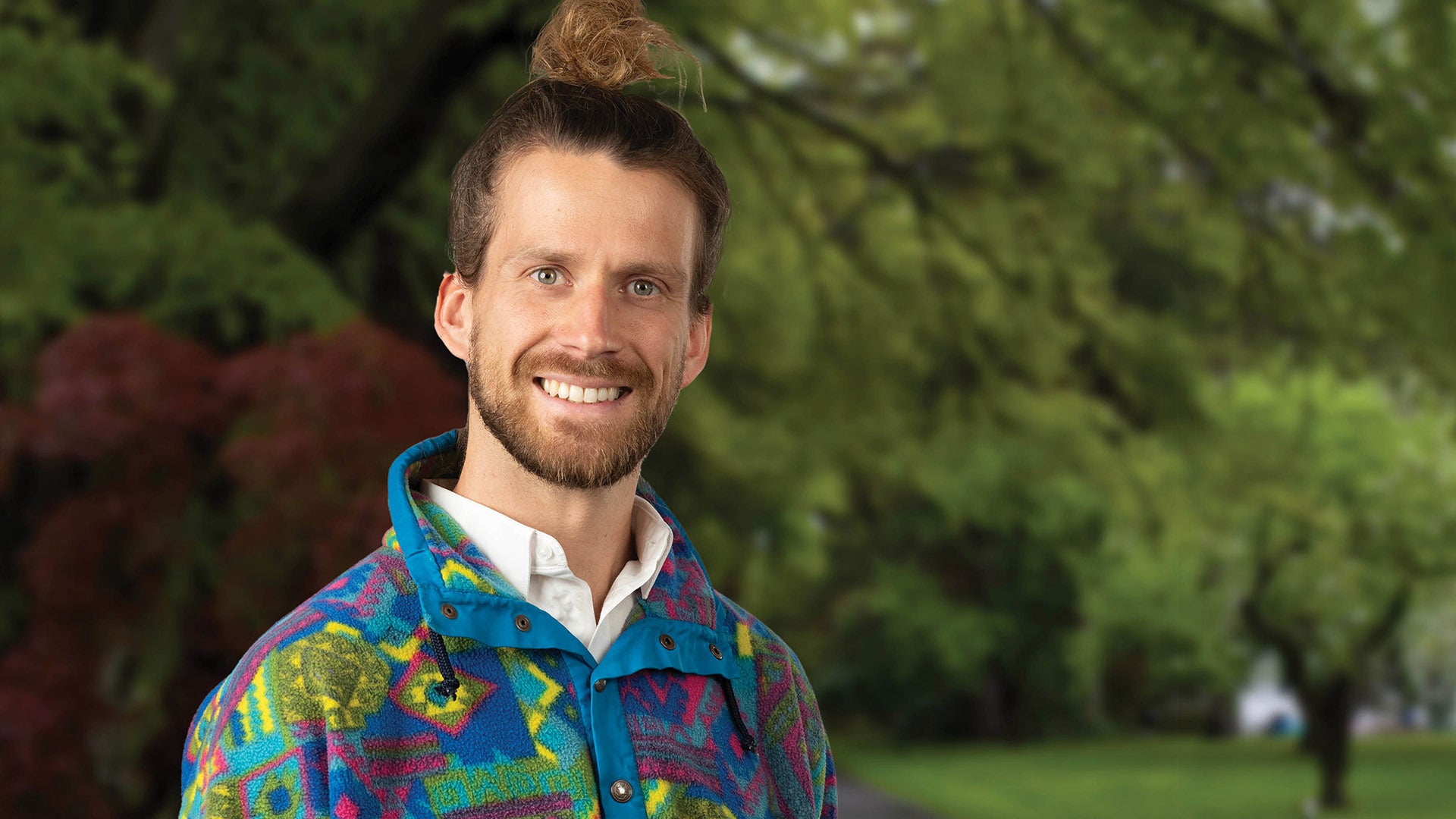The world around us is constantly changing. And with it, so too do the sights we encounter at any given moment. Yet we instantly adapt to the differences. How do we keep up? How do our brains navigate our continuously changing sensory environment? New Cold Spring Harbor Laboratory (CSHL) Assistant Professor David Klindt aims to answer this question using the power of machine learning. The hope is that making sense of our senses will help Klindt and his colleagues in the CSHL neuroAI program usher in a new generation of more sensitive and sensible artificial intelligence models.
“AI models sometimes break down in cases where biology doesn’t,” Klindt explains. “There’s a lot of expertise in motor skills at CSHL as well as a group of young scientists like myself focused on perceptual skills. I’m excited to work with the community to bring these themes together and help build up the neuroAI initiative as part of CSHL’s new institutional expansion.”
Klindt comes to CSHL from Stanford University, where he did postdoctoral research. Previously, he got his Ph.D. from the University of Tübingen in Germany and went on to work as a machine learning research scientist at Meta. He joins CSHL at a time of tremendous growth. The lab’s neuroAI program is poised for major expansion with the launch of CSHL’s new Foundations for the Future project.
Written by: Samuel Diamond, Editorial Content Manager | diamond@cshl.edu | 516-367-5055
